Adafruit IoT Monthly: Physical Event Notifiers, Particle deprecates Particle Mesh and More!
IoT Projects
All-in-One MQTT Home Automation Remote
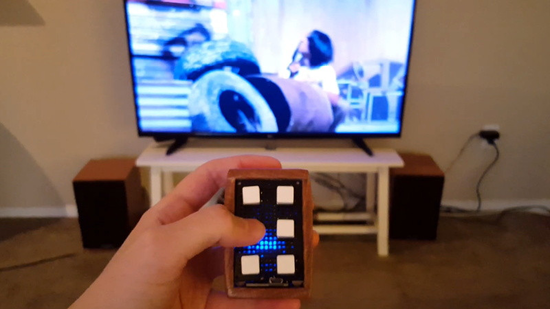
serverframework built a WiFi “MQTT remote” with an ESP8266. Pressing a button triggers a function to send a MQTT message to a Home Assistant listener. - serverframework blog
Kinetic Courier, Physical Event Notifier
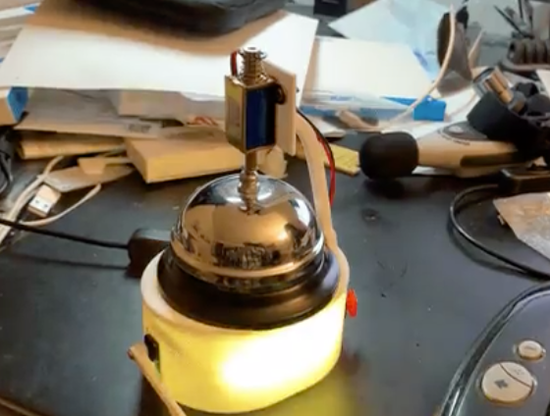
Something happened? Ring a bell, wave a flag, light some lights! A physical notification platform for IoT events. - hackster.io
Alexa-controlled Adam Savage Pumpkin with IFTTT and Adafruit IO

minihannah built an Alexa-controlled pumpkin which uses a combination of Adafruit IO and IFTTT to trigger lights connected to an Adafruit Feather M0 WiFi. - adafruit blog
Internet Monster
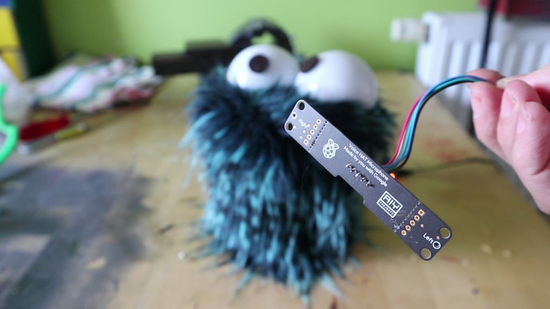 A cute monster that repeats what the internet says. What could possibly go wrong! - instructables
A cute monster that repeats what the internet says. What could possibly go wrong! - instructables
PyPortal MQTT Sensor Node/Control Pad for Home Assistant
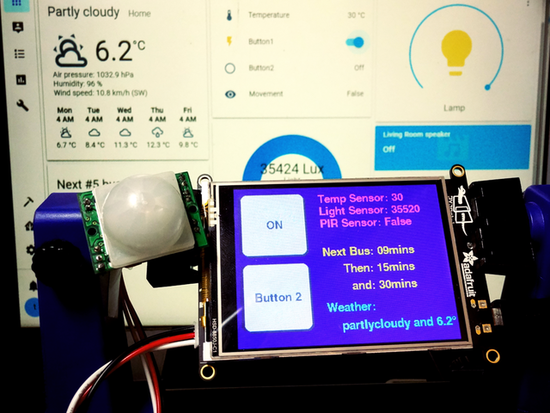
Richard Albritton wrote a guide about how to take IoT to the next level with this MQTT powered Super Sensor with an Adafruit PyPortal. - Adafruit Learning System
Physical Test Controller with TreeJS, Socket.io and CircuitPython
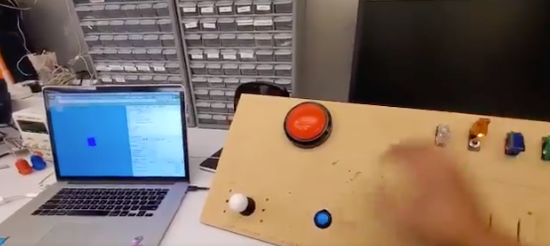
@makerschmitz is building a physical controller with a web interface. You can watch it in-action on Twitter.
IoT News and More!
Particle deprecates Particle Mesh, discontinuing Particle Xenon

Particle has announced today that they are discontinuing development of Particle Mesh, their OpenThread-based mesh networking solution, and will no longer be manufacturing their associated Xenon development board.
Particle states they ran into two barriers which kept them from delivering on the promise with Particle Mesh:
- Mesh networking, while a compelling technology, is extremely complex, and trying to make it “just work” with zero configuration for all customers in all environments just wasn’t feasible. As a result, the experience of Particle Mesh doesn’t live up to the standard that we set for ourselves with our other products.
- It turns out that, for most of our customers, 802.15.4 mesh networking seems to not have been the right technology in the first place; most customers would be better off using Bluetooth Low Energy (which we will continue to invest in) or a sub-GHz radio like LoRa (which can be added to Particle through third-party accessories).
See Particle’s full announcement and learn How to use Xenon with CircuitPython.
Testing CircuitPython on Teensy 4.0 – IoT made easy IoTeensy
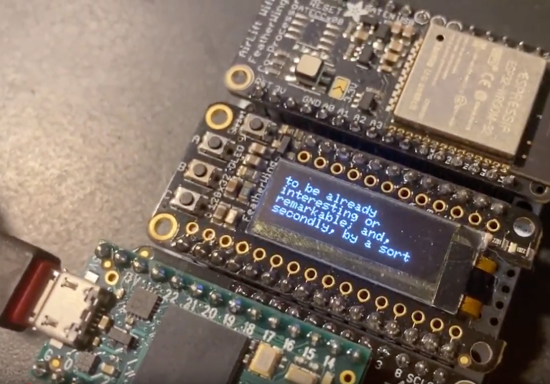
CircuitPython has landed on the NXP iMX RT1062. We threw together a quick IoT project which uses the AirLift FeatherWing to fetch inspirational quotes from Adafruit’s quote service and displays them on an OLED FeatherWing. - Adafruit Blog
The World’s First LoRa SoC: STM32WL

STMicroelectronics announced the launch of the STM32L, the world’s first integrated LoRa System-on-a-Chip (SoC). This is the first silicon which integrates a microcontroller and a sub-GHz radio, previously two separate modules. - CNX Software
Arduino Portenta H7
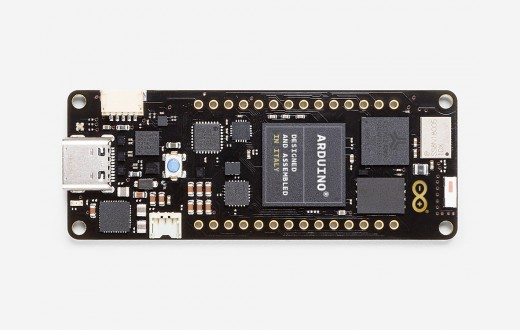
Arduino released a new Pro line at CES 2020 with a new flagship board - the Portenta H7. This board contains a STM32H747, Murata 1DX dual WiFi 802.11b/g/n 65 Mbps and Bluetooth 5.1 BR/EDR/LE, Secure Element (NXP SE0502), and a GPU (Chrom-ART graphical hardware Accelerator).
Use-cases for this $99 board include “high-end industrial machinery, labratory equipement, computer vision”, and machine learning. - Arduino.cc
WeMos W600-PICO
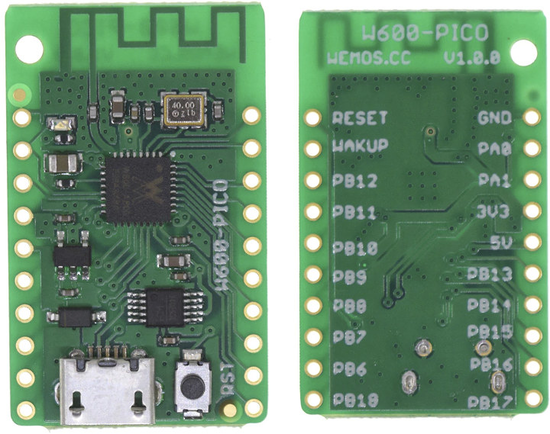
WeMos released a new board for $2.10 USD plus shipping. The CPU is a Winner Micro W600 ARM Cortex-M3 WiSoC and the board is pre-loaded with MicroPython. - CNX Software
OTA Device Firmware Updates for NRF52 Processors
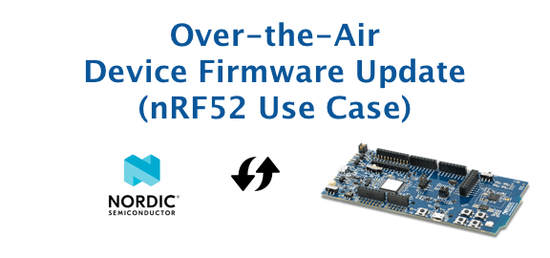
Mohammad Afaneh on NovelBits posts about updating the internal firmware on internet of things (IoT) devices via Bluetooth. - novelbits
Pocket-Sized ESP32 with 300uW Display
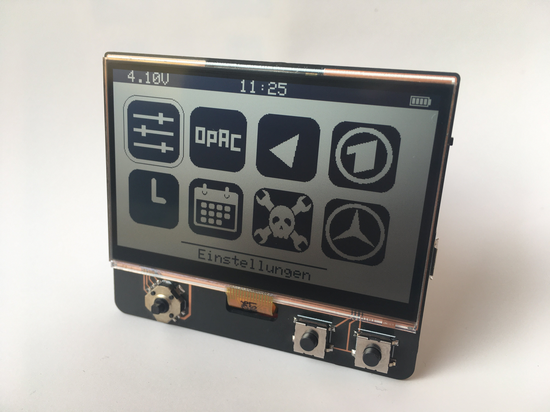
A pocket-sized ESP32 with a 300uW SHARP Memory LCD. - Hackaday.io
ESP-AHT-10
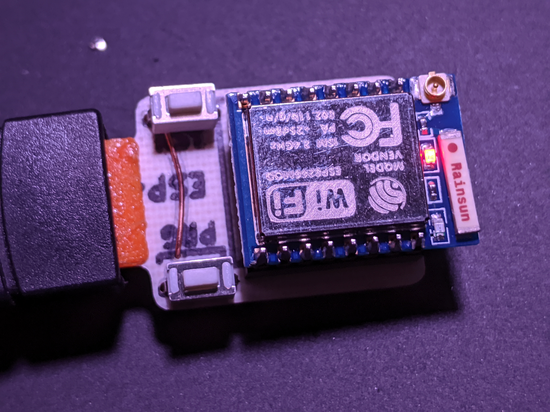
A minimalist ESP temperature sensor which you can plug into your USB port. Designed with KiCAD, the board files are open source and available on GitHub
Adafruit IoT Updates
All the Internet of Things Episode 6: Digi-Key IoT Studio
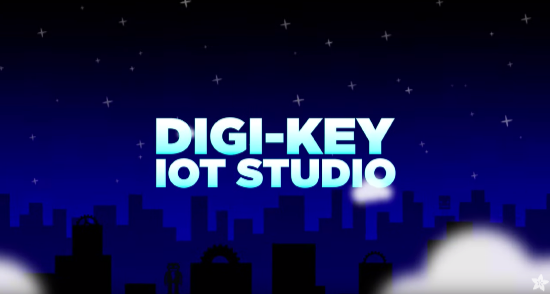
Adafruit and Digi-Key have teamed up to present All the Internet of Things – a six-episode series covering everything you could ever want to know about the Internet of Things.
We are very excited to release the final episode, which incorporates all the different subjects discussed in previous episodes, and shows off this incredible resource: Digi-Key IoT Studio.
Unlike most other IoT platforms, Digi-Key IoT Studio is code-less — all sensor interaction and storage is done automatically by the drag-and-drop IDE. You don’t need to install toolchains, code editors or compile any code on your computer! Digi-Key Studio runs in your web browser, handles all aspects of developing an internet of things project, and even compiles your code remotely.
Watch the full video or check out this guide to get started now.
Free Year of Adafruit IO+ with the GitHub Student Developer Pack
 Great news for students! Adafruit is part of the GitHub Student Developer Pack!
Great news for students! Adafruit is part of the GitHub Student Developer Pack!
If you are a student and have joined (details here), all you need to do is log in to your adafruit.com account, click Services, then GitHub, and click connect! The discounts and free adafruit.io plus are waiting for you, it’s that simple!
What is Adafruit IO?
Adafruit.io has over 16,000+ active users in the last 30 days and 930+ Adafruit IO Plus subscribers. Sign up for Adafruit IO (for free!) by clicking this link. Ready to upgrade? Click here to read more about Adafruit IO+, our subscription-based service. We don’t have investors and we’re not going to sell your data. When you sign up for Adafruit IO+, you’re supporting the same Adafruit Industries whose hardware and software you already know and love! You help make sure we’re not going anywhere by letting us know we’re on the right track.
Support Adafruit
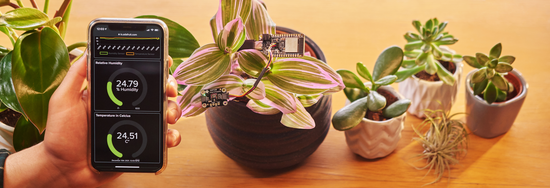
Here at Adafruit, we sell all of these amazing components, but we couldn’t find a good way to interact with them over the Internet. So, we decided to create our own IoT platform, and that’s Adafruit IO. It’s built from the ground up to be easy to use and platform agnostic (connect any development board or device!). For those who want to get a project off the ground without programming - Adafruit IO offers a No-Code interface for building IoT electronics projects using WipperSnapper, our open-source IoT firmware. Support Adafruit’s open-source development by subscribing to Adafruit IO Plus, the upgraded, all-systems-go version of the Adafruit IO service.
